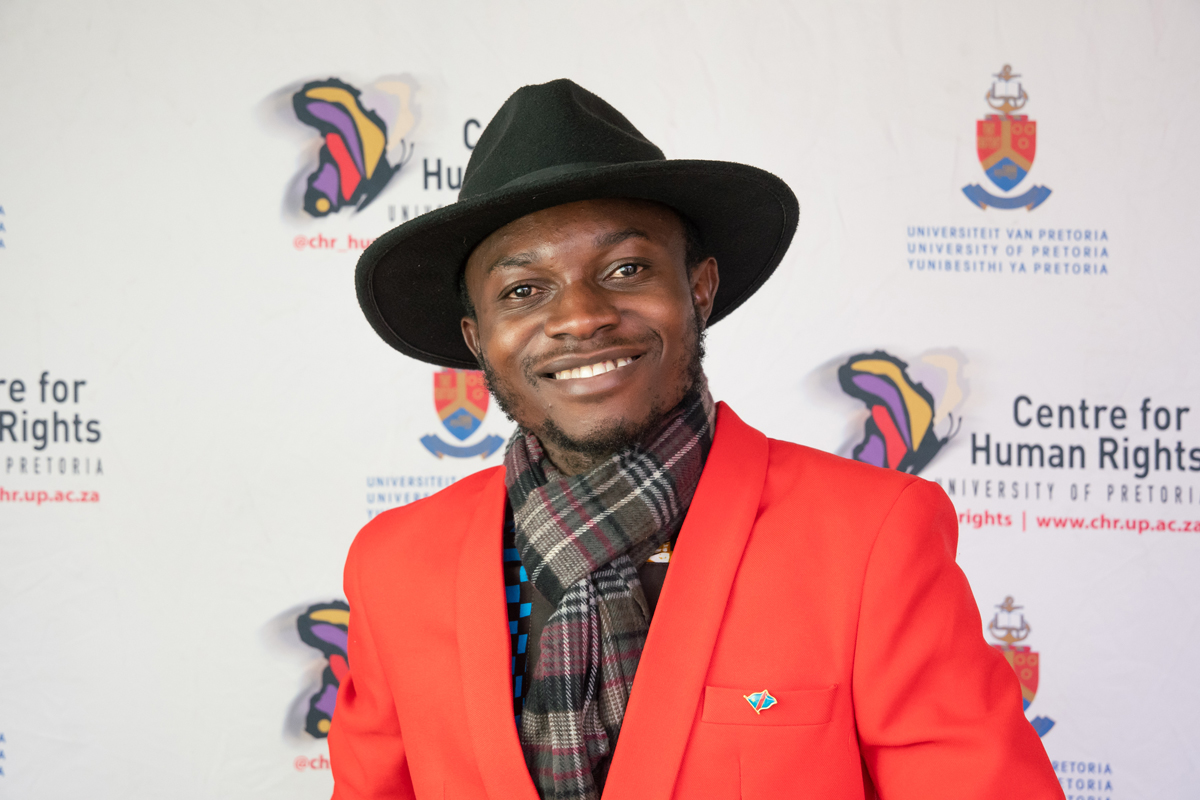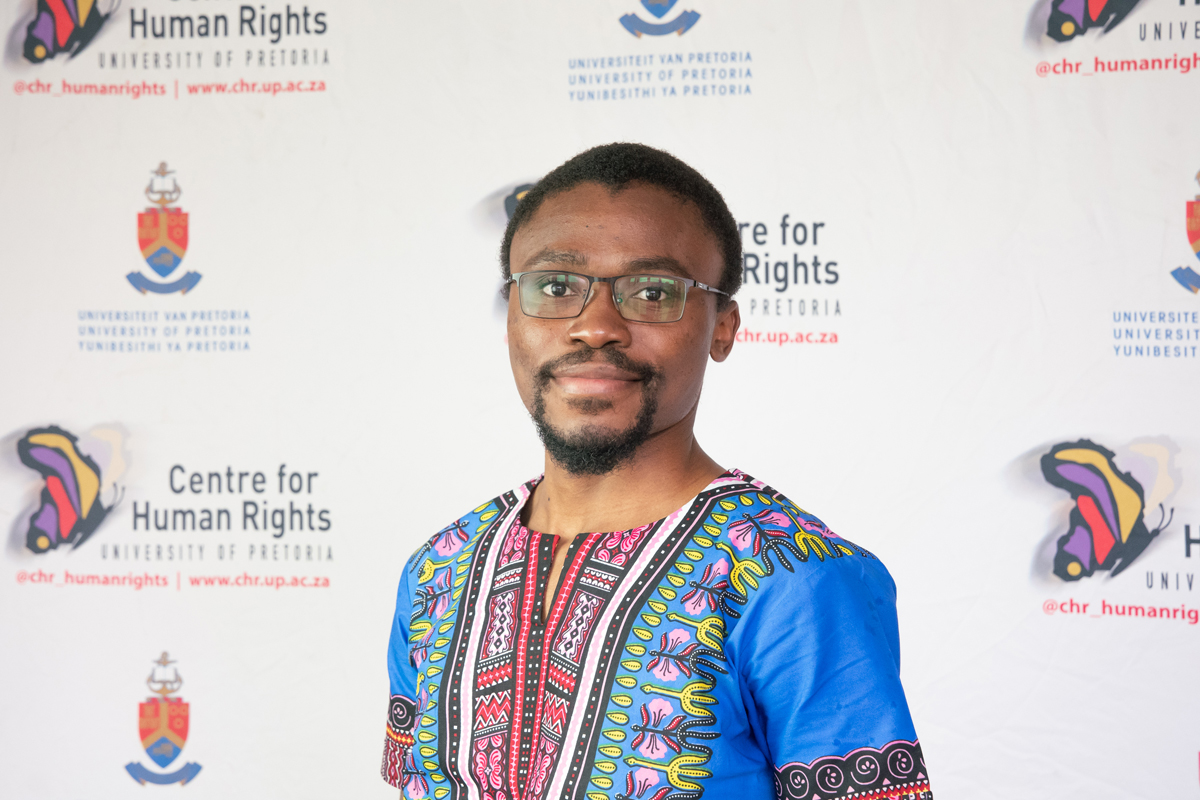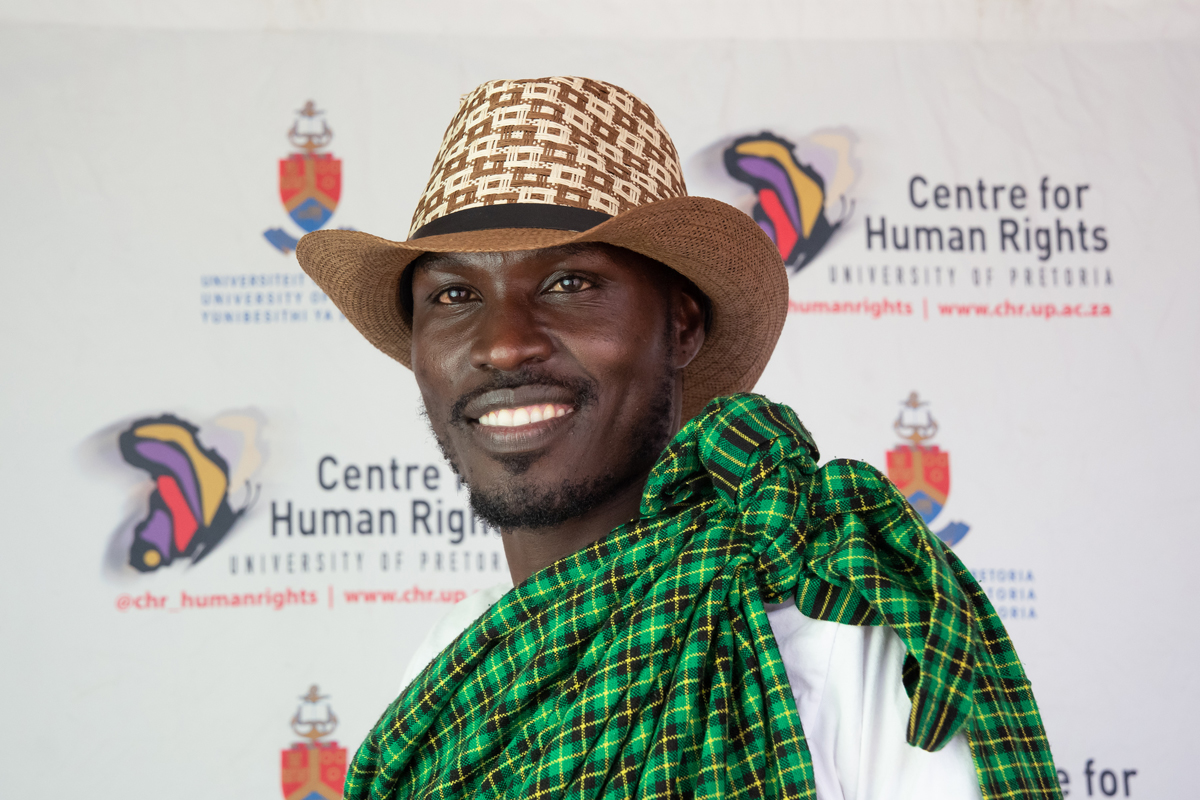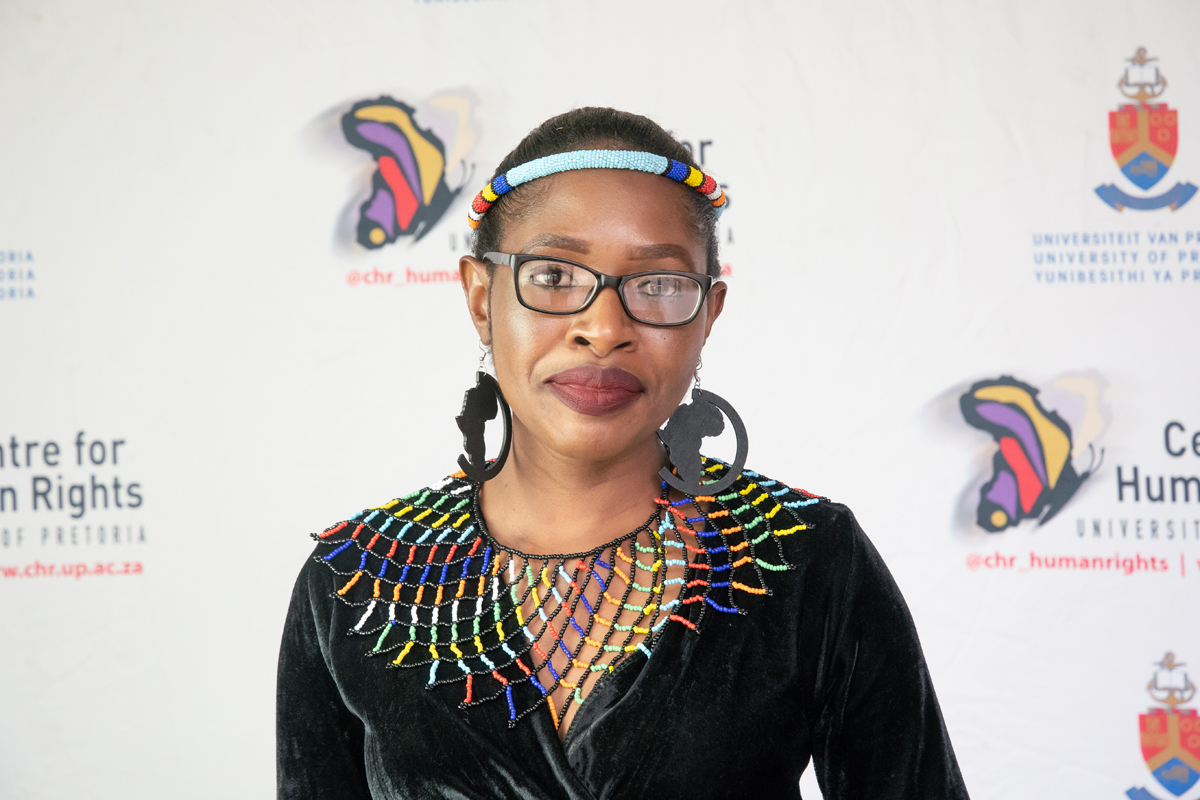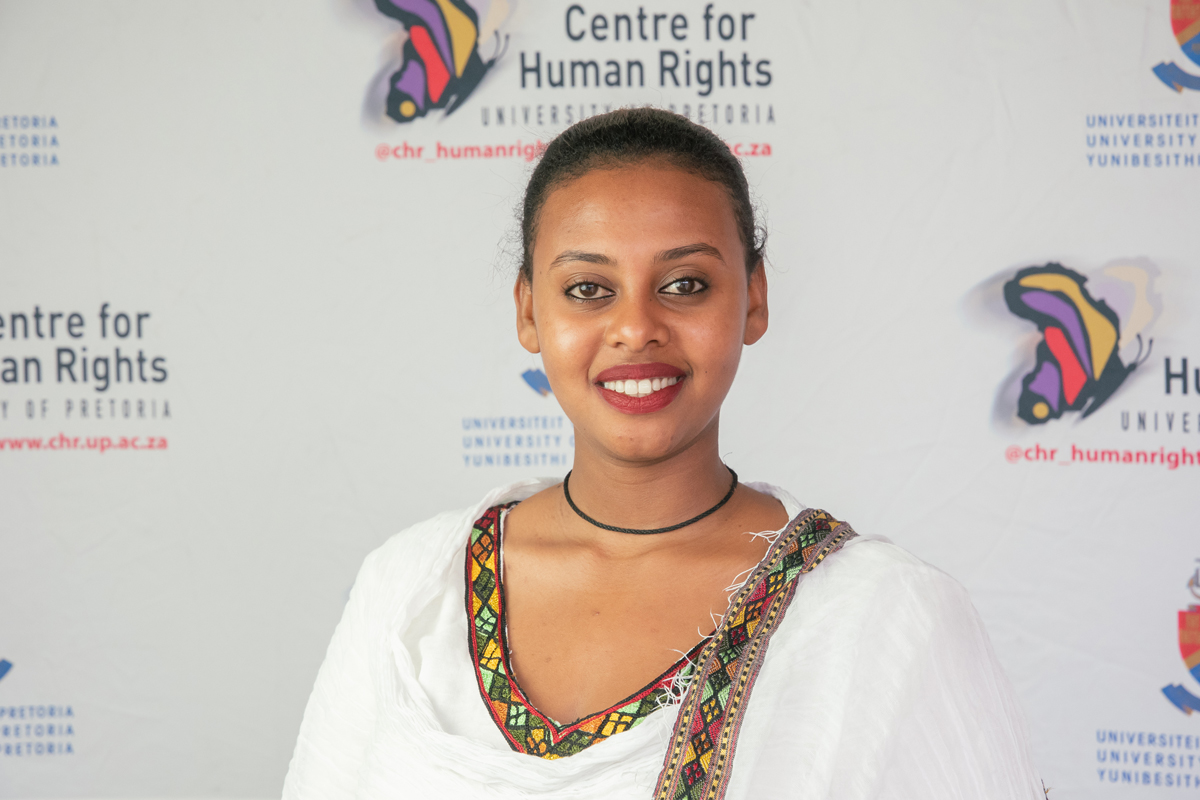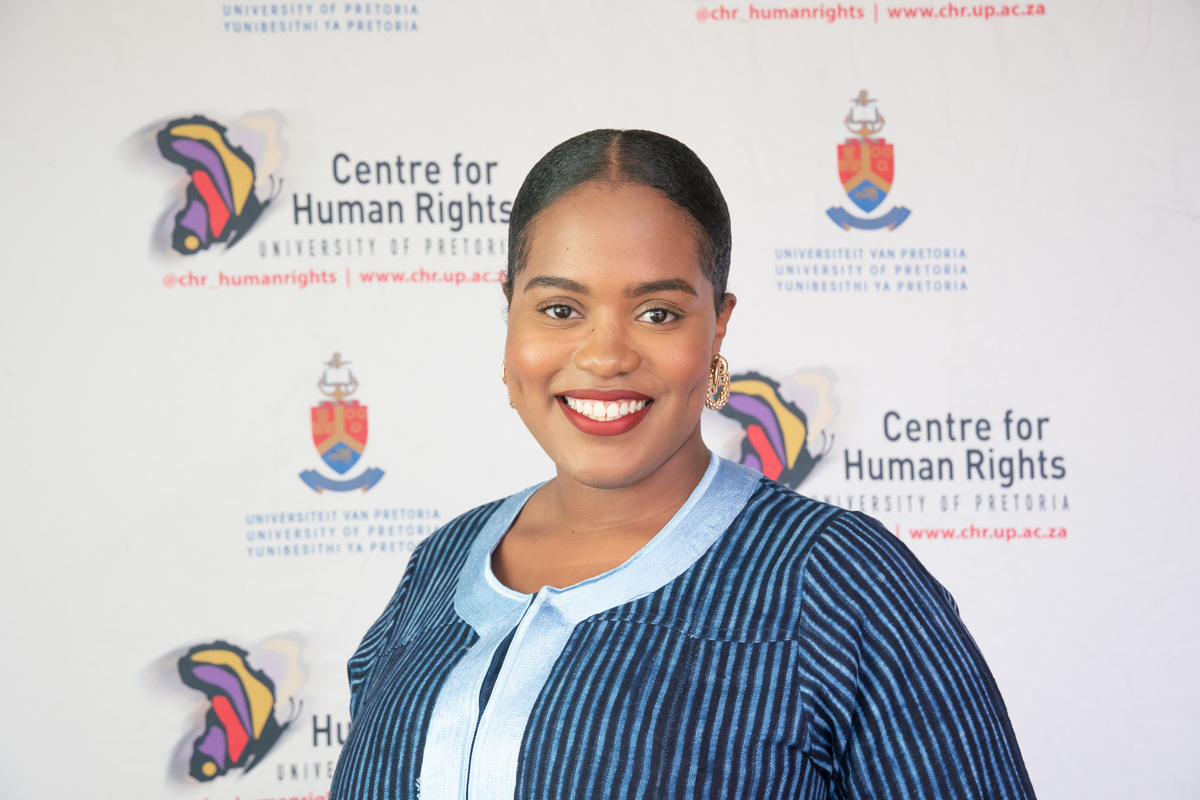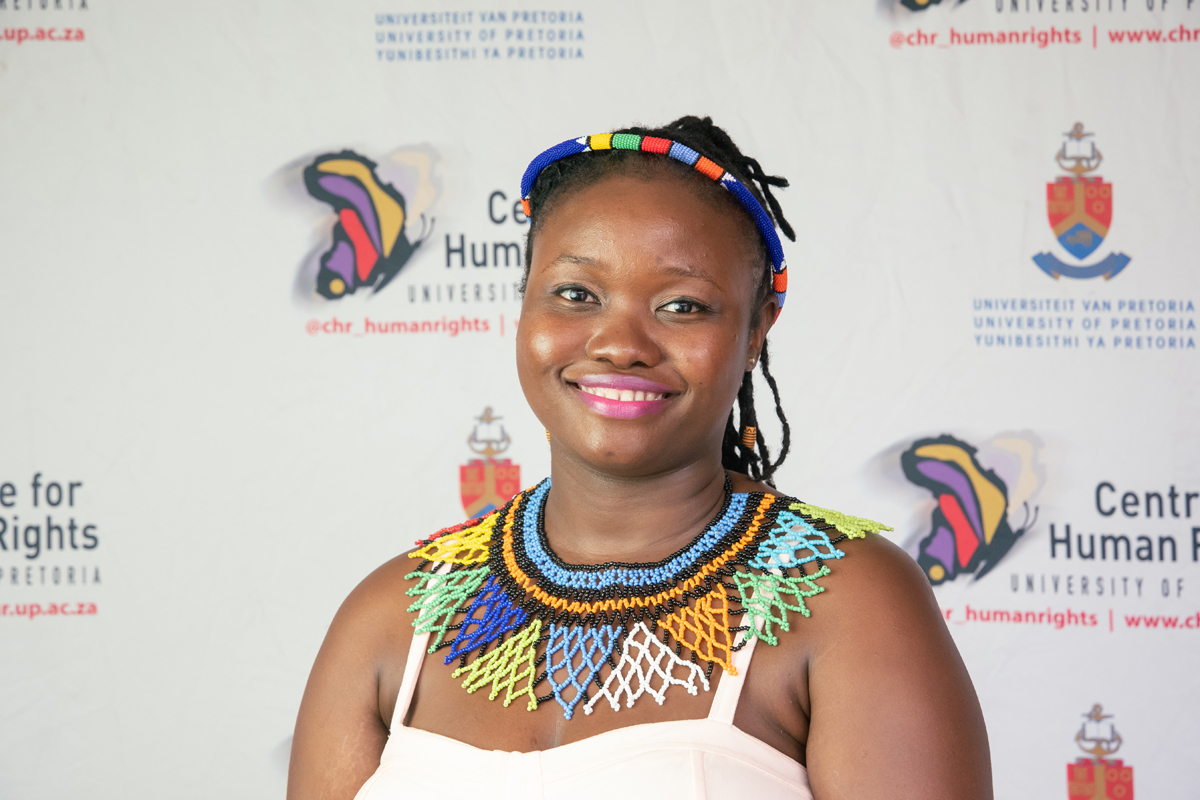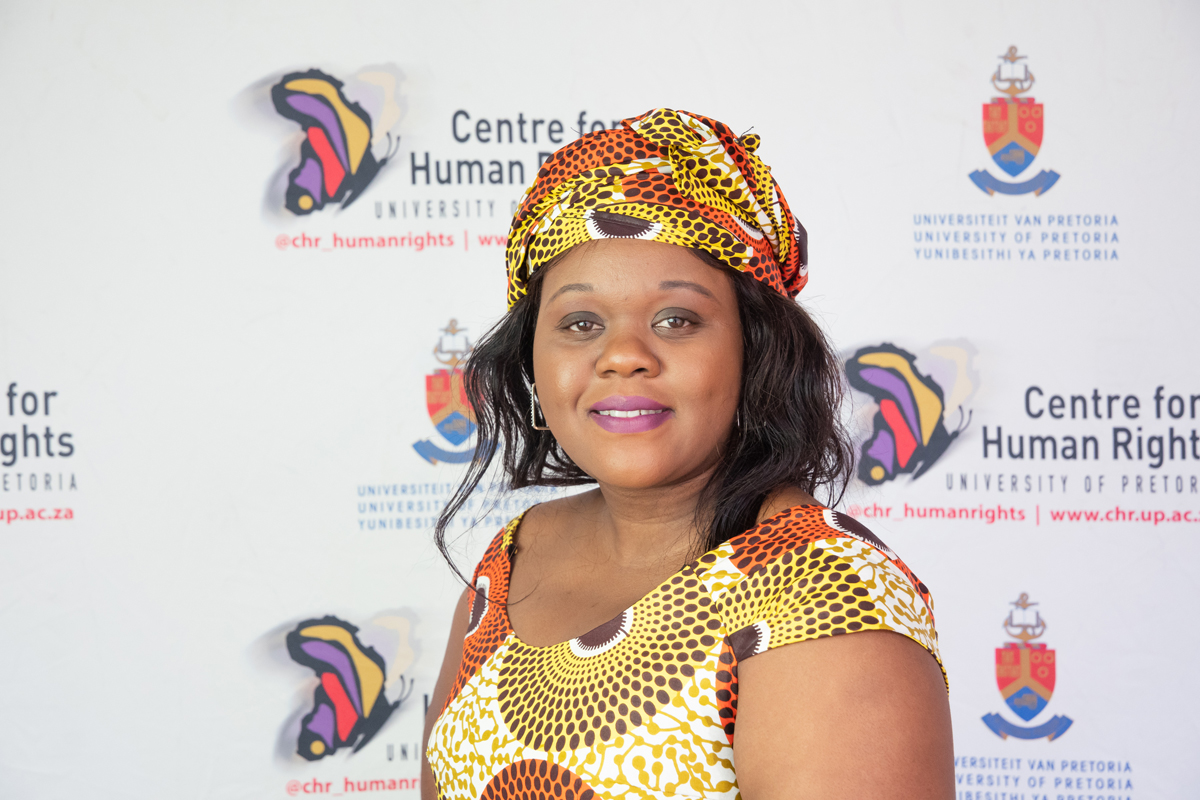The Centre for Human Rights is calling for papers that will form part of a book that contributes to critical communication surveillance and human rights studies in Africa.
Background
Surveillance, communication surveillance, and mass surveillance are often used interchangeably without full appreciation of their meanings and how they impact human rights. It suffices that, no matter the prefix or suffix attached to surveillance, it will always require a careful balancing of human rights protection with public security needs. However, achieving this balance is difficult. This is because state actors view and apply communication surveillance differently, while other actors also view and apply it based on different motivations. This difference in approach poses major challenges to human rights protection. Some of these challenges include government extralegal methods of communication surveillance, unlimited access to and manipulation of personal information by private actors, inadequate regulatory and policy frameworks, and many others. There are also ongoing conversations on unregulated international trade in mass and intrusive surveillance tools because they often end up in the hands of autocratic governments, often resulting in human rights violations. It is often vulnerable and marginalised groups such as journalists, sexual minorities, migrants, and women that become victims of human rights violations through the use of these surveillance tools. These violations also intersect with various social, economic, and political issues. Given this background, critical and rigorous discussions on communication surveillance, the law, and human rights are needed within the African context. Therefore, this book seeks to contribute to critical communication surveillance and human rights studies in Africa.
There are also ongoing conversations on unregulated international trade in mass and intrusive surveillance tools because they often end up in the hands of autocratic governments, often resulting in human rights violations. It is often vulnerable and marginalised groups such as journalists, sexual minorities, migrants, and women that become victims of human rights violations through the use of these surveillance tools. These violations also intersect with various social, economic, and political issues. Given this background, critical and rigorous discussions on communication surveillance, the law, and human rights are needed within the African context. Therefore, this book seeks to contribute to critical communication surveillance and human rights studies in Africa.
Objectives
The book seeks to lay bare the state of communication surveillance laws in African countries, their impact on human rights, and possible future interventions. It also seeks to showcase critical ideas on how to advance human rights protection in the development and implementation of communication surveillance laws in Africa. For example, how should we consider the various exogenous and endogenous meanings of communication surveillance that continue to vary and lack contextual, elaborate, and sui generis rights-respecting norms? What are the theories of communication surveillance in Africa? Who are the actors and institutions involved in the effective implementation of rights-based communication surveillance laws? What can we learn from comparative experiences outside Africa? What are the implementation challenges and prospects of a communication surveillance law? What are the imperatives and benefits for African states to rethink communication surveillance and its laws? We welcome book chapters that are Africa-focused and introspective on communication surveillance laws and human rights. Each chapter should seek to contribute new insights to communication surveillance, the law, and human rights in Africa. Therefore, any idea(s) that focus on these issues are most welcome.
Issues under focus on communication surveillance law and human rights in Africa
1.Theoretical approaches
2. International, regional, and country contexts
3. Nature, means, methods, features, and comparative analyses of communication surveillance and human rights in Africa
4. Principles of communication surveillance
5. Thematic and intersecting issues
a. National and global security
b. Oversight mechanisms
c. Data protection
d. Actors and implementation
e. Impacts on vulnerable and marginalised groups
f. Rights-based counter-terrorism measures
g. Public interests and emergencies
h. Media
i. Advocacy
6. Monitoring and implementation
7. Emerging issues
Submission information
We welcome abstracts not exceeding 300 words to be submitted by 14 October 2022.
Submit your abstract via https://centreforhumanrights.submittable.com/submit
Book chapters must be original and not be under consideration for publication elsewhere. Draft chapters of 6,000 to 8,000 words (including footnotes) should be submitted by 31 January 2023. Each chapter will go through a double-blind peer review process. Further guidelines for publication will be shared with the selected authors.
Important dates
Deadline for abstract submissions: 14 October 2022
Deadline for full chapter submission: 31 January 2023
Editors

